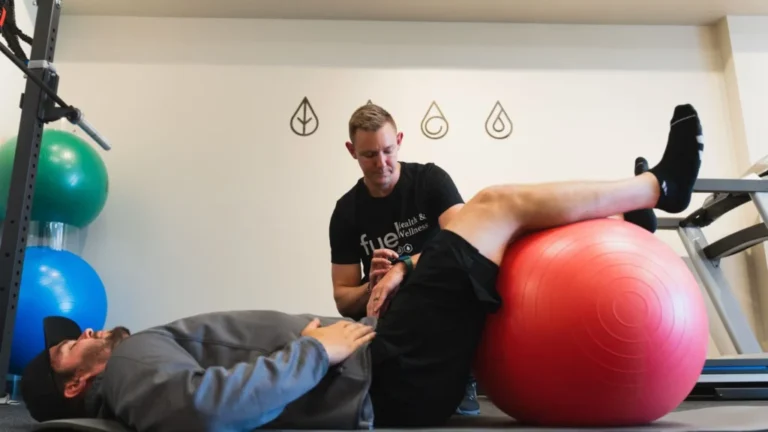Pain Management Techniques That Improve Your Quality of Life

Managing joint and muscle pain often requires guidance from a pain management specialist. Whether you’re dealing with knee pain, arthritis, or shoulder discomfort, understanding the causes and exploring effective strategies is key. Here are some tailored tips and recommendations to help you find relief and improve mobility with the support of a pain management specialist.
Managing Knee Pain
Knee pain is a common issue that often benefits from the expertise of a pain management specialist. Whether caused by overuse, injury, or conditions like osteoarthritis, effective management typically starts with rest, activity modifications, and using ice packs to reduce swelling. Over-the-counter pain relievers like ibuprofen can help ease discomfort, while strengthening exercises for the quadriceps and hamstrings support the knee joint. For persistent pain or limited mobility, a pain management specialist can recommend treatments such as physical therapy, corticosteroid injections, or other personalized solutions to meet your needs.
Relieving Arthritis Pain
Arthritis often leads to ongoing discomfort and stiffness in the joints, which often affects daily activities and overall quality of life. To help manage and alleviate arthritis pain, adopting a proactive and balanced approach is key. Maintaining an active lifestyle is one of the most effective ways to manage symptoms. Low-impact activities such as swimming, cycling, or walking are not only gentle on the joints but also help build muscle strength around them, which in turn enhances stability and flexibility.
Applying heat or cold packs may also provide temporary relief from pain. Heat therapy, such as a warm compress or heating pad, soothes aching muscles and joints by improving blood flow. Cold therapy helps reduce swelling and inflammation, especially after activity or flare-ups.
For more severe symptoms, specialists may prescribe medications to manage pain and slow arthritis progression. Physical or occupational therapy can help with targeted exercises and strategies to protect the joints. These therapies aim to improve daily function. By combining exercise, therapy, and medical support, individuals can reduce pain, improve mobility, and enhance their well-being.
Easing Shoulder Pain
Shoulder pain often occurs from rotator cuff injuries, strain, or inflammation. Immediate care might include resting the shoulder, avoiding repetitive activities, and applying ice packs to minimize swelling. Gentle stretches, like pendulum swings, maintain mobility without applying excessive strain. Physical therapy exercises to strengthen the surrounding muscles can prevent future injury and improve the shoulder’s range of motion. Persistent pain may require medical interventions like imaging tests to diagnose deeper issues. Some cases benefit from corticosteroid injections or surgical procedures, depending on the severity of the damage.
Reducing Joint Pain
Joint pain in areas such as the hips, wrists, or ankles can significantly affect daily activities. Incorporating regular breaks from repetitive movements helps minimize strain on problem areas. Utilizing assistive aids, such as braces or compression sleeves, can enhance stability and comfort. Strengthening the muscles around strained joints through low-impact exercises like yoga or Pilates can improve support. Speaking with a healthcare provider about supplements or advanced therapies like ultrasound treatment can provide further guidance.
Visit a Pain Management Specialist
Whether you’re dealing with knee discomfort, arthritis stiffness, shoulder strain, or joint aches, there are plenty of ways to manage pain and improve your quality of life. Seeking professional advice is a strong step toward long-term relief. If you’re ready to take action, schedule a consultation with a healthcare provider to explore a personalized pain management plan.
- What to Expect When Visiting a Foot and Ankle Specialist
- Causes of PTSD
- The Link Between Plantar Fasciitis and Weight Gain: What You Need to Know
- How Pet Ownership Can Positively Impact Life with Fibromyalgia
- The Importance of Stretching and Flexibility in Sports Medicine
Dr. Emma Green is a health and wellness expert with over 10 years of experience in nutrition and fitness. Passionate about helping others live their healthiest lives, Dr. Green shares practical advice on wellness, nutrition, and sustainable living through LivingSpristine.






